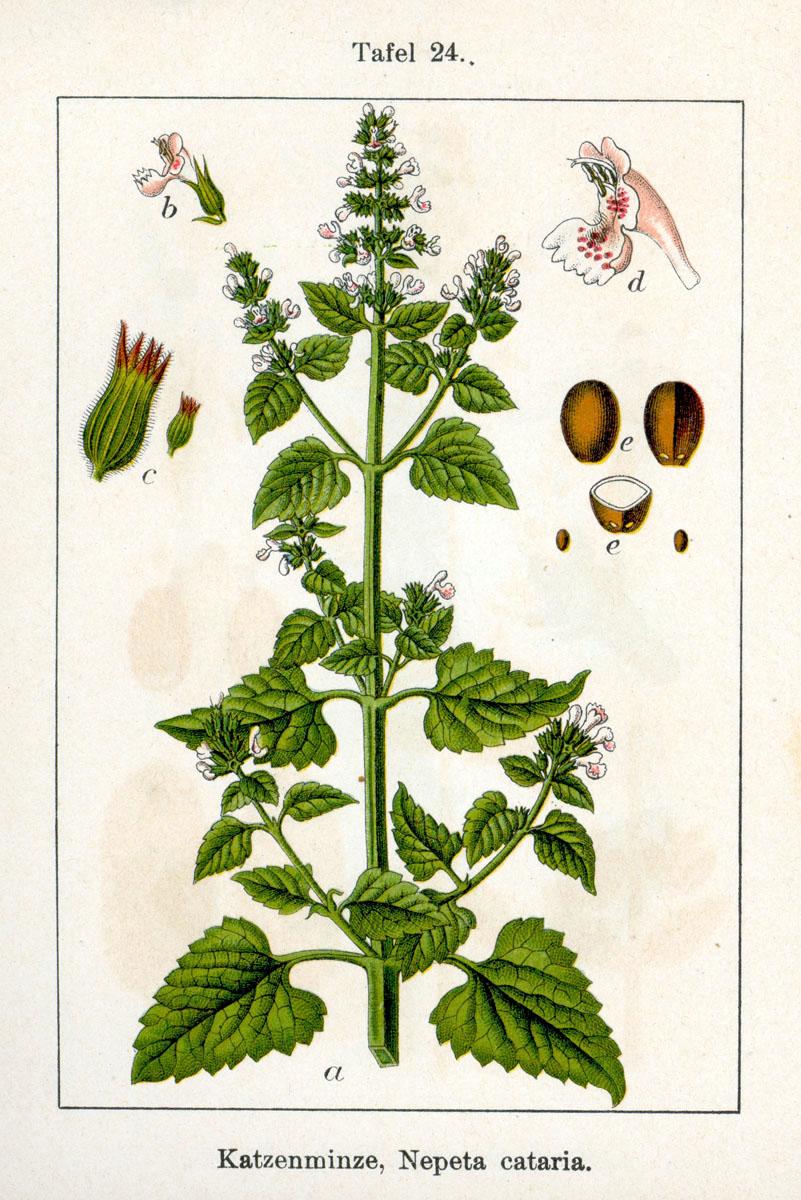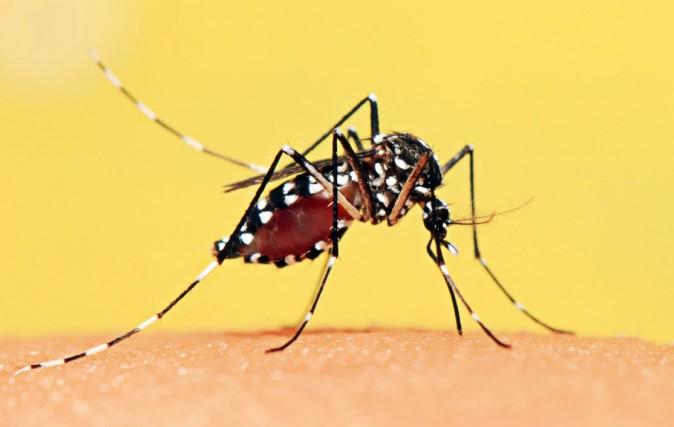Mosquitoes are not only an annoying pest, they are actually the deadliest creature on earth. The diseases they spread can be fatal: malaria, yellow fever, and West Nile virus, just to name a few. A graphic from Bill Gates’s blog shows that when it comes to killing, mosquitoes far surpass even humans.
Several factors contribute to our mosquito attractiveness. These bugs initially target carbon dioxide. This means that people who exude more CO2 (those who are overweight or heavy breathers) tend to get stung more.
Mosquitoes also prefer certain smells. They avoid bloodless CO2 sources like an idling car or a coal burning factory because they don’t smell right. Instead, they seek the smell of chemicals that mammals excrete, such as lactic acid (triggered by exercise), and uric acid (found in foods such as meat, alcohol, soda, and asparagus).
This means that diet, exercise, and shower frequency may play some role in determining our level of attractiveness. However, scientists estimate that 85 percent of our mosquito magnetism is genetic. So to a large extent, people who are eaten alive every summer can’t help exuding a mosquito-friendly scent.
While scientists continue to unravel the mystery of mosquito attraction, public health officials recommend using topical bug repellents to keep pests away. Unlike pesticides, which are designed to kill insects, repellents work to hide our mosquito- alluring odors. There are several products to consider.
Synthetic Repellents
DEET. The most common mosquito repellent is DEET, the active ingredient in OFF! Deep Woods and other commercial sprays. DEET is considered the gold standard in mosquito protection. It’s reliable, long-lasting (providing up to six hours of protection from a single application), and generally safe as long as you don’t overdo it.
DEET was developed by the U.S. military in the 1940s. It is a strong solvent that will dissolve plastic at full concentration. However, its harsh chemical scent is also what makes it so effective. Scientists believe that DEET messes with an insect’s sense of smell, effectively hiding an otherwise attractive body odor.
Picaridin. This synthetic mosquito repellent has several advantages over DEET. Developed by Bayer AG in the 1980s from a plant related to black pepper, Picaridin doesn’t have the chemical stink, greasy feel, or neurotoxic nature of DEET, but it has been shown to be just as effective, and may last even longer. Like DEET it doesn’t kill bugs, but confuses their ability to detect a blood source.
IR3535. Found in Avon’s Skin-So-Soft, IR3535 is another popular synthetic repellent. Like DEET, IR3535 has a solvent smell but is less effective and doesn’t work as long.
The World Health Organization recommends all three chemicals for protection against West Nile and other mosquito-borne diseases.







